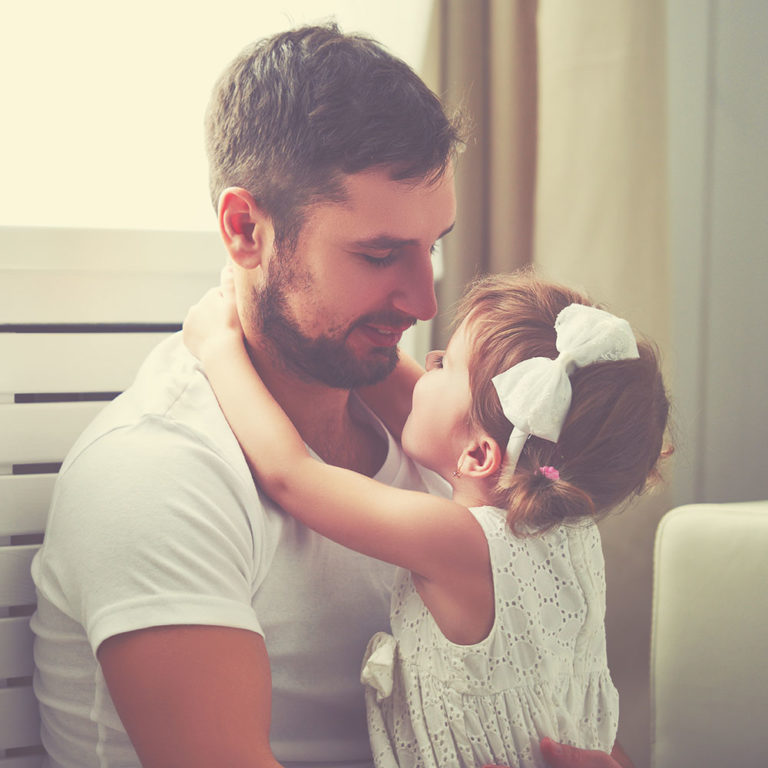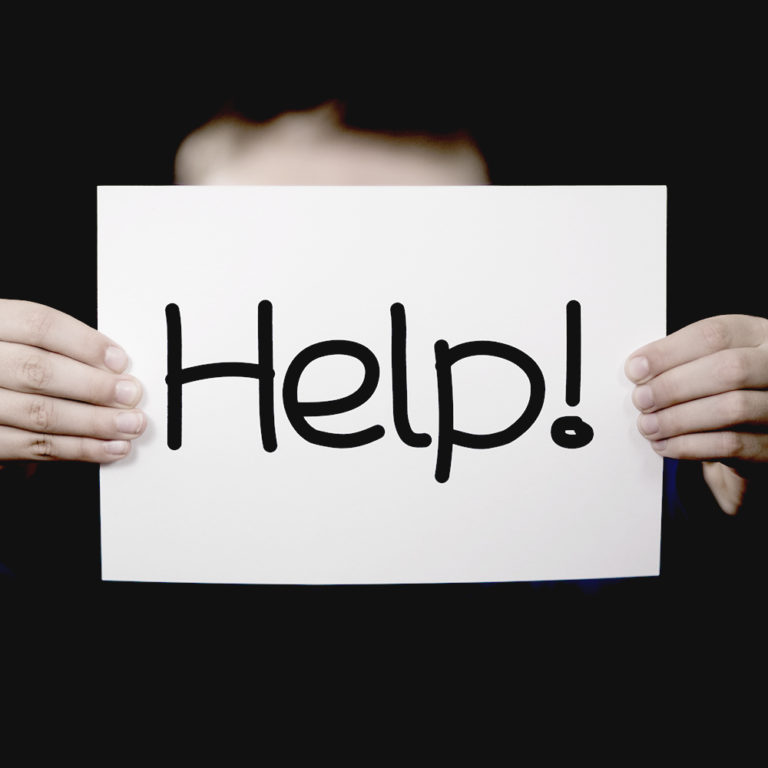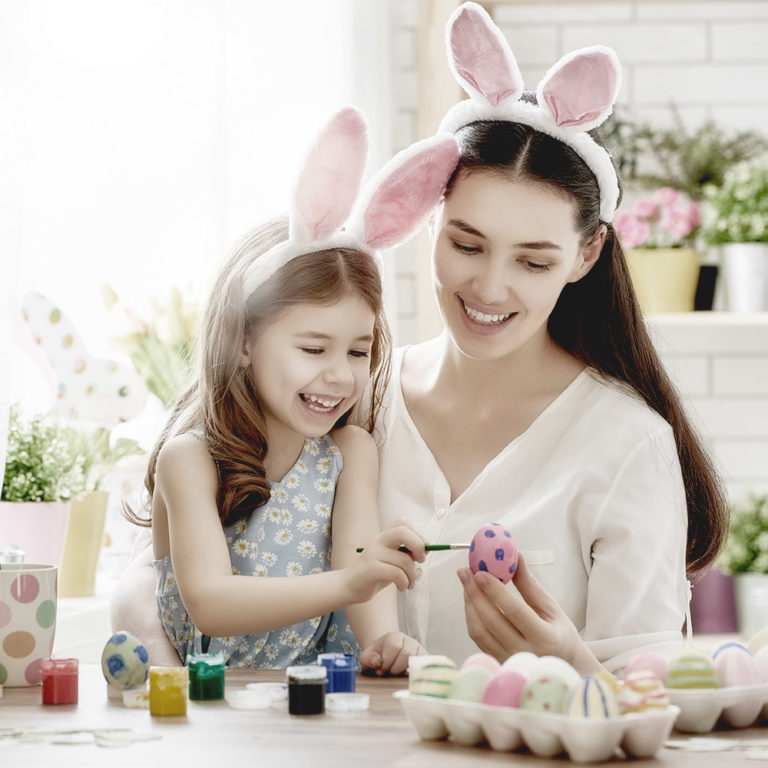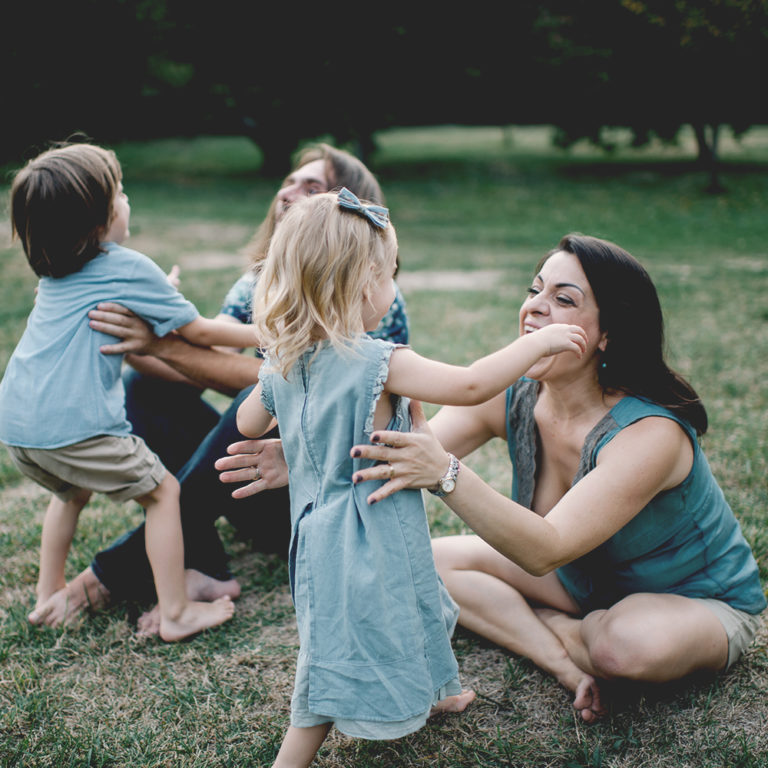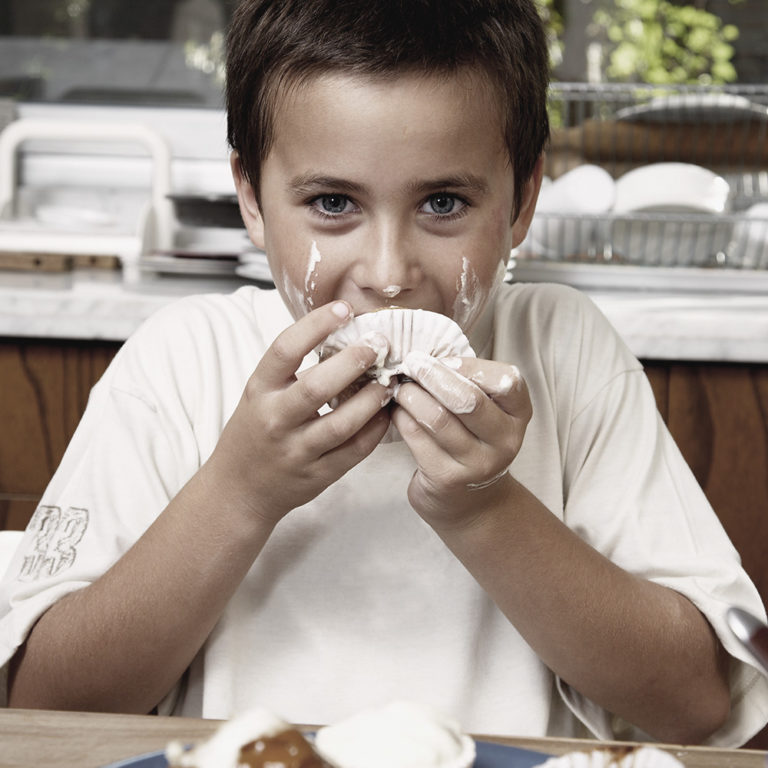Then and now
I think every adult has done it at some stage: Look back to the time when they were children compared to the adult world they currently live in, and shrug off the differences with a sigh, saying “it wasn’t like that when I was a child,” or something along those lines.
It’s true. Change is constantly happening all over and the world of our childhood is a very different place to the world today. Attitudes towards parenting have shifted. Discipline is approached differently. The way we interact, the distractions many parents juggle on a daily basis, and access to information have all created a completely new environment in which to raise children – not to mention the change in economic climate, political correctness, and the attention to human rights, that all play a role in the way we navigate life in this current day and age.
When I was a lad…
Many of today’s parents grew up in a time when the world was much more adult centred. Television programmes were predominantly made for a grown-up audience, except for the hour or two of children’s shows in the afternoon shortly after school and just before dinnertime. Restaurants were for sitting at a table and eating, and although children were generally welcome in most places the only acceptable behaviour was to be good and sit still. Today we have multiple children’s channels on demand 24 hours a day and entire restaurants tailored to feeding and entertaining kids. As a parent I know the struggle all too well of trying to keep a family of little ones entertained and under control in public, and the assistance of child-centred media and facilities are, of course, a welcome helping hand.
There has also been a shift in the approach to family life in general. Where the norm used to be that kids fit in with their parents’ world, increasingly kids are being put first in line and parents are fitting their own schedules around their children’s. I do wonder at times whether, in our desire to include and provide for our kids, we’ve gone a little too far.
Parent vs. child
Most parents want their children to be content and have a happy childhood. Unfortunately, in the pursuit of this goal, many believe they should be catering for every whim and providing for each desire their offspring may have, whether it’s another toy, being at all the offered sports or dance classes, or the entire packet of sweets. Well meant, I’m sure – but maybe not an entirely effective course of action. Happiness isn’t about getting everything you want. In fact getting everything you want, especially when you don’t have the maturity to discern what is good for you, will more likely make you unhappy and ultimately dissatisfied. So why is giving a child all the things they desire an acceptable parenting practice?
Train up a child
I love that I can take my kids to places that cater for them. It’s wonderful that as a family there are restaurants where we can enjoy a meal without worrying that the children are talking too loudly or disturbing the next table. It’s also great on occasion to go somewhere where they can run and play and aren’t expected to sit still for an overly long period. Having said that there are times when it is good and right for my children to learn that the world doesn’t revolve completely around them. At times they need to sit still, they must learn to keep their voices at an acceptable volume, and display the kind of manners that society expects from adults.
Great expectations
I firmly believe that children need to be allowed to be children – but how will they ever learn to be responsible, self-controlled, and considerate adults if we don’t expect, at times, a little grown-up behaviour? This may mean at times being told no and accepting it without a fuss. It may mean helping to tidy up a room instead of disappearing to play while someone else packs away. It may mean sitting at the table for dinner and being part of the conversation, instead of getting down before everyone else has finished. I know it can be easier for mom and dad to just say yes and avoid a battle for the sake of family harmony but parents are allowed to parent, and that means saying no and expecting more at times.
I’m glad that society has moved beyond “children should be seen and not heard” – but let’s not lower the expectations to the point that the next generation grows up believing they can behave any way they choose, refuse to help others when it’s an inconvenience, and believe everyone and everything has been placed on the earth to serve their needs.

